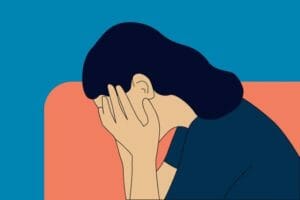
A Letter To The Friend Of Someone Anxious…
Anxiety can come in many shapes and sizes and can be triggered at any point in time, sometimes for no apparent reason and at other
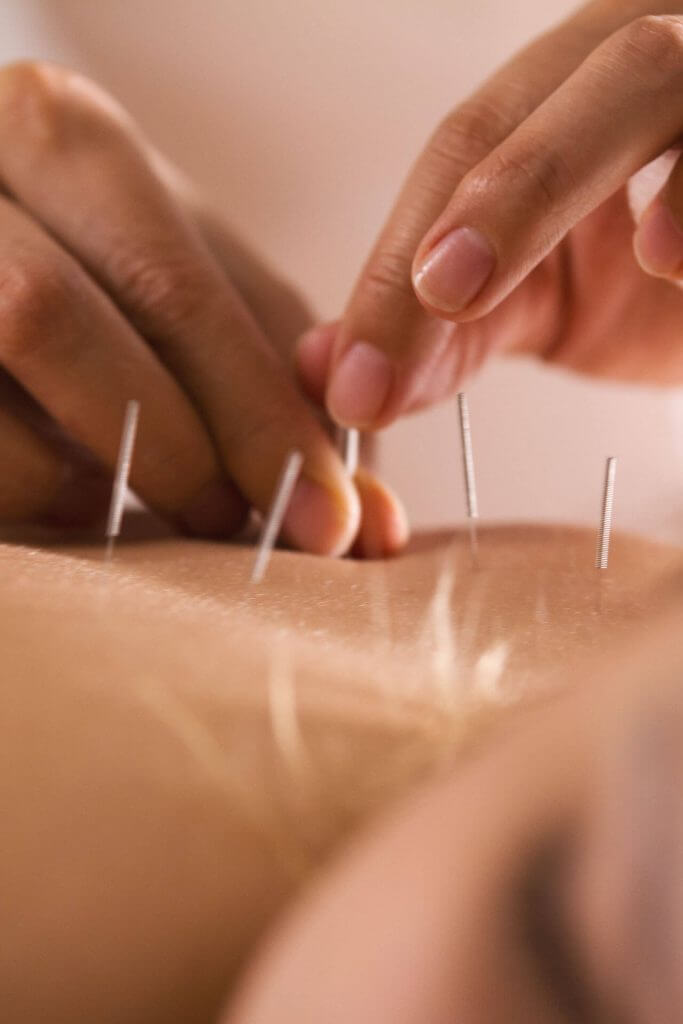
Acupuncture is a professional, nationally recognised health treatment developed through refining thousands of years of clinical experience and research.
Acupuncture originated in China over 3000 years ago. This treatment involves the insertion of fine, single-use needles into specific areas along the body. This therapy helps the body’s natural healing abilities, clears energy blockages and encourages the optimal flow of Qi and blood through the body – something acupuncture recognises as essential for optimum health and healing.
Acupuncture is often sought after by patients suffering from pain, insomnia, tinnitus and infertility among many, many conditions it has helped people with.
Acupuncture utilises meridians which bear resemblance to anatomical pathways of the nervous system and the fascial system. It largely focuses on restoration of healthy energy flo to organs and tissues on the body. This can help address the underlying problems/imbalances that may have caused the symptoms rather than simply treating the symptoms themselves – something common to alternative practices and appealing to people ho have tried mainstream symptomatic treatments and have been frustrated at the lack of deep results or the side effects often associated with these treatments.
A Chinese Medicine practitioner may also use Chinese herbs to strengthen and support the healing.
Starting with a 90-minute initial consultation, Christine will seek to understand you through a series of questions to form a clear understanding of what needs to be brought back into balance.
The extensive history taken to form the diagnosis also begins the treatment plan. The treatment can include a combination of acupuncture needles, herbal formulas, nutritional Counselling, cupping, Gua Sha and Moxibustion.
Acupuncture Needles are essential elements of the treatment plan. They are placed on specific meridian points that relate to solving your diagnosis’s root cause. They are painless, sterile and safe. The needles usually remain in situ for between 20 – 40 minutes.
Cupping and Gua Sha are other techniques that bring blood to the surface. These techniques are used as an alternative or in addition to needles. Once the blood is brought to the surface, it dissipates, and the stagnation of the lymphatic fluid helps to promote improved circulation delivering healing properties in these areas.
Moxibustion is a form of therapy involving burning the hot sagebrush. It is maintained close to the surface of the skin to promote circulation. It is used to relieve chronic pain and digestive problems. This is another treatment modality often used in acupuncture sessions to treat pain such as menstrual cramps.
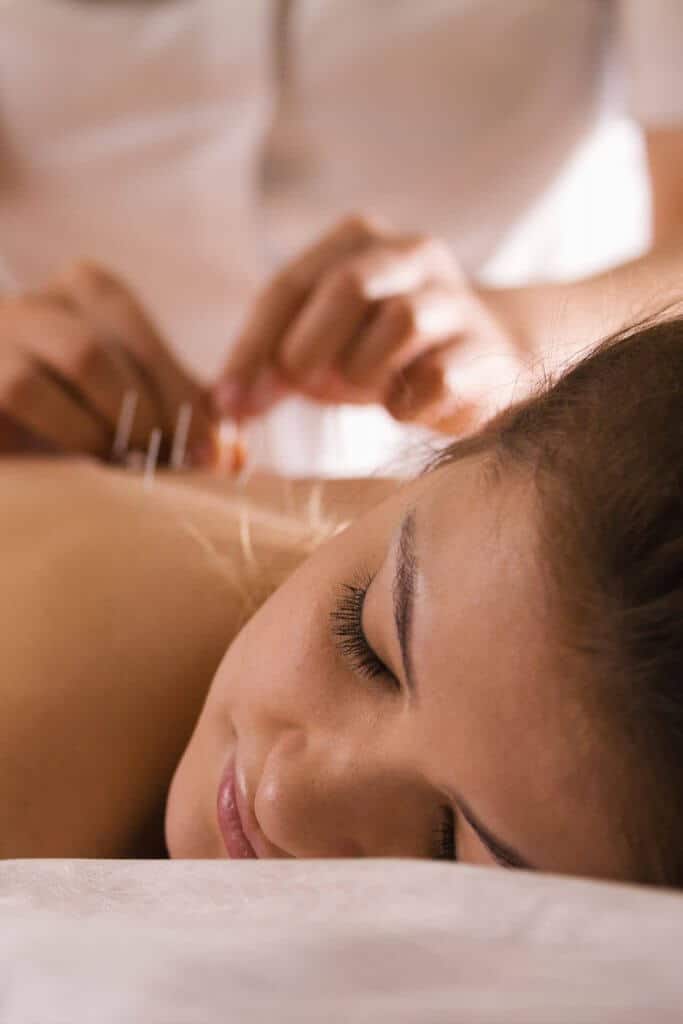
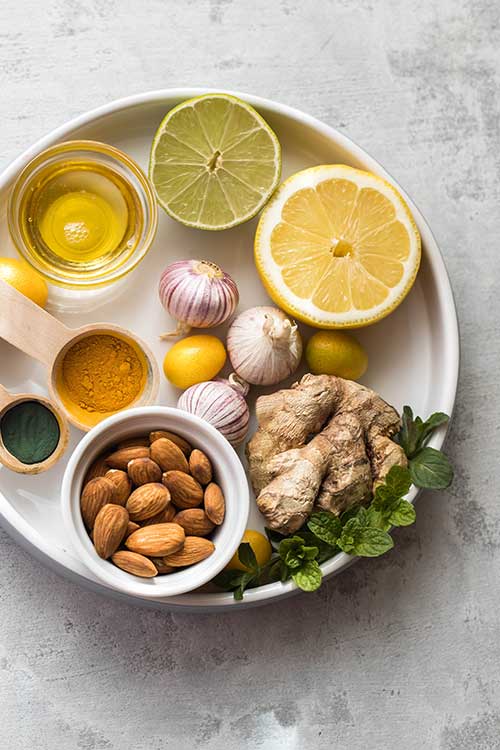
Chinese herbal medicine is a system to assess and diagnose the underlying causes of diseases that have been refined for thousands of years. By adopting a holistic approach, Chinese herbal medicine concentrates on the entire person. It is about preventing illness by maintaining physical, mental and spiritual balance.
Rainbow medicine prescribes herbal formulations based on the diagnosis of the heartbeat. Rainbow Medicine follows the classical formula only in the Han dynasty, written by Zhang Zhong Jing (Master teacher of Chinese Medicine), dated back to 200 AD. In ancient Chinese Medicine, Chinese Herbalists were considered mainstream medical doctors. They specialised in treating most internal diseases such as Malaria, Chronic Cough, Blood clotting, digestive issues like bloating and diarrhoea, constipation, emotional issues and postpartum health issues.
Chinese Herbal Medicine can harmonise Yin and Yang: Cold and Hot, Dry and wet and restore the body’s balance into its natural healing power. Chinese medicine classifies food according to its temperature, season, colour and whether it’s suitable for your body.
Chinese Herbal Medicine is food medicine
Chinese herbs, like our food, have five different flavours: sour, sweet, bitter, salty and spicy.
These five flavours go to the different organs: Sour goes to the liver, sweet goes to the spleen, bitter goes to the heart, salty goes to the Kidney, and pungent goes to the lung.
Too much of each flavour intake damages the organ it is related to. For example, an 80 years old male patient with a complaint of frequent urination will not be recommended to take too much salt as the Kidney is already deficient.
Food as a medicine plays an integral part in our daily life.
A large part of Chinese medicine is herbal formulas. These herbal formulas work hand in hand with acupuncture needles, providing the body with a natural remedy to restore harmony. Each formula is specifically created for you and what your body needs.
Nutritional Counselling is often used if a herbal remedy isn’t prescribed. This advice is tailored to your specific circumstance.
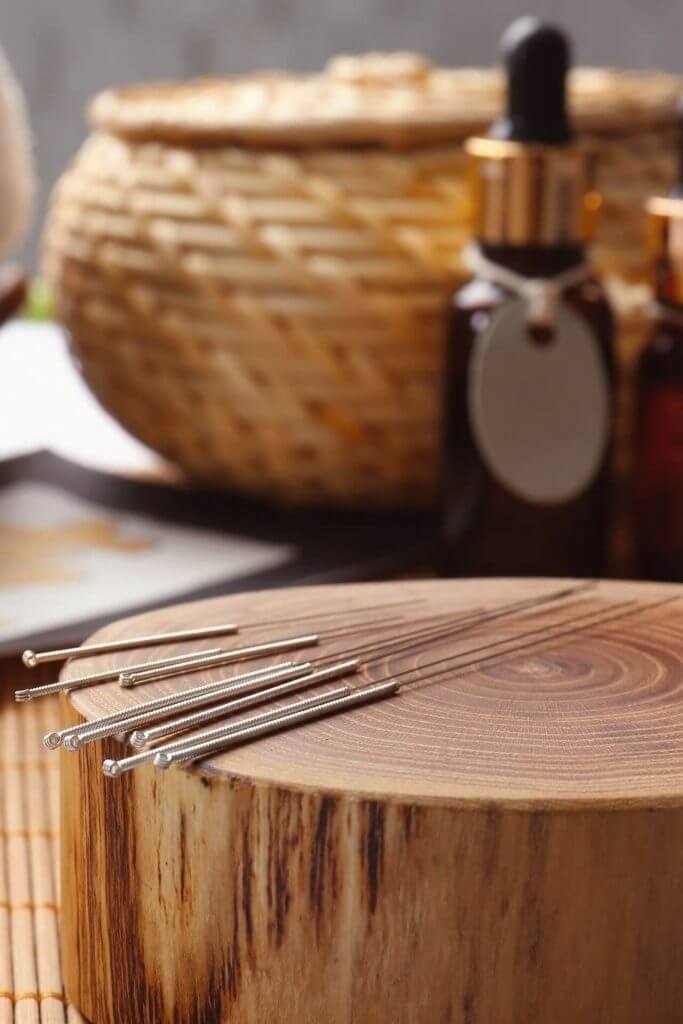
We have package options incorporating other therapies, contact us for package options.
(Christine only)
(90 mins)
(60 mins)
(90 mins)
(90 mins)
We have package options incorporating other therapies, contact us for package options.
(30mins)
(15mins)

There’s no such thing as a silly question, especially when your health is concerned. Here are some of our colonic hydrotherapy FAQs. For any other advice on love, life and colonics drop us a line.
|
● Endometriosis ● Irregular menstruation ● Infertility ● Pregnancy ● Digestive issues ● Chronic fatigue ● Hypertension ● Anxiety and Depression |
● Tinnitus ● Fibromyalgia ● Headaches, including tension headaches and migraines ● Lower back pain ● Neck pain ● Respiratory disorders, such as allergic rhinitis ● Tennis elbow ● Chemotherapy-induced and postoperative nausea and vomiting |
Eat a few hours before treatment
Have a light meal an hour or two before your treatment.
Acupuncture works to move energy, fluids and blood around the body. Having nutrition and energy for your body provides something to work with. It gives your body the resources it needs to heal.
Wear loose, comfortable clothing
Very often, the majority of Acupuncture has been in areas accessible without removing clothes. Plus, you will want to be comfortable at the table.
A principle of post-treatment self-care is to protect your body from the weather’s influences. Dress appropriately in the cooler months of the year. Wear a scarf to warm and protect your neck.
Schedule your arrival 15 minutes before your appointment.
It allows you to settle down and get here.
This allows you sufficient time to find the clinic and park.
It gives space to use the bathroom or drink water before treatment.
It also allows for some of the unpredictable events that may occur. Traffic or roadworks may obstruct your planned route, childcare may be late, and parking may be hard to find.
A buffer means you can arrive without stress.
Avoid strenuous activity
It is best to allow your body space to integrate the treatment. This means trying to avoid scheduling significant activities following your acupuncture appointment. Pilates, gym, netball or your preferred exercise are best left for another day.
Keep it simple
Do not schedule other therapeutic appointments on the same day. Seeing your massage therapist, acupuncturist and osteopath all in one day are too much for the body. Your body will be unable to receive the best and most special message from each intervention.
Ideally, plan a rest day between treatments of different modalities. At the very least, try and keep them on separate days.
Clients should avoid various activities for a brief period after an acupuncture appointment. In some cases, it may be because of security reasons. However, it may also have to do with maximising the potential benefits of Acupuncture.
Avoid stressful circumstances.
Again, Acupuncture is a relaxation-enhancing treatment for most customers, and the last thing they need is to return to a stressful situation. Where possible, it may be desirable for the patients to book an appointment when they do not have to return to work. It can also be beneficial to avoid watching television immediately after Acupuncture and instead read a book, hear music, or work on a hobby.
Keep away from cold temperatures.
Following Acupuncture, your body needs warmth to maintain fluidity and open blocked energy channels. Whenever possible, clients are best advised to avoid cold temperatures and refrain from using ice to relieve pain.
Avoid digital displays.
As for relaxation, TV and other digital screens prevent the body from relaxing. Enabling the body to rest and relax will help extend the benefits of Acupuncture and promote good sleep. On the night after the patient’s acupuncture session, we advise them to read a physical book or listen to music or a podcast rather than end up with their favourite TV show.
Don’t Drive if Lightheaded
On a safety note, you must gauge how well your client feels after their session. Some clients report feeling lightheaded after Acupuncture. If this eventuates, it is essential to recognise this and stop them from driving until they feel better or have them get someone to pick them up.
Here are the things that clients should be doing after Acupuncture:
Rest:
Keep warm and use heat for pain relief where necessary
Consider other interventions to maximise outcomes
Take it easy and avoid strenuous exercise
Eat well and drink plenty of water
Be aware of their received benefits, side effects, and general experience as this feedback may be helpful to you as their practitioner
A typical treatment plan for a single complaint typically involves one or two weekly treatments. The number of treatments depends on the condition being treated as well as its severity. Typically, between six and eight treatments are typical.
A session of Acupuncture can take up to 60 minutes per session or less, depending on the treatment. A typical treatment plan for a single complaint would take about one or two weekly treatments. The number of treatments commonly needed to receive is 6 to 8, depending on the condition and severity.

Anxiety can come in many shapes and sizes and can be triggered at any point in time, sometimes for no apparent reason and at other

Western medicine is too often our ‘go-to’ or start point when we have a physical ailment. And too often it’s also our end point –
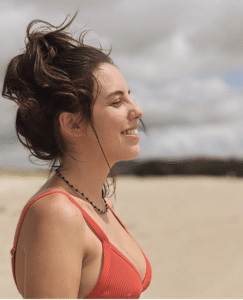
Isabella Isabella grew up in a small town near Sao Paulo in Brazil. She studied and practised as a Physiotherapist working in a nursing home.
pHClinic © 2021 All rights reserved. Built by Smart Robbie
Take our FREE interdisciplinary questionnaire and get a clear pathway including being matched with the services and practitioners you need so you get the outcomes you deserve